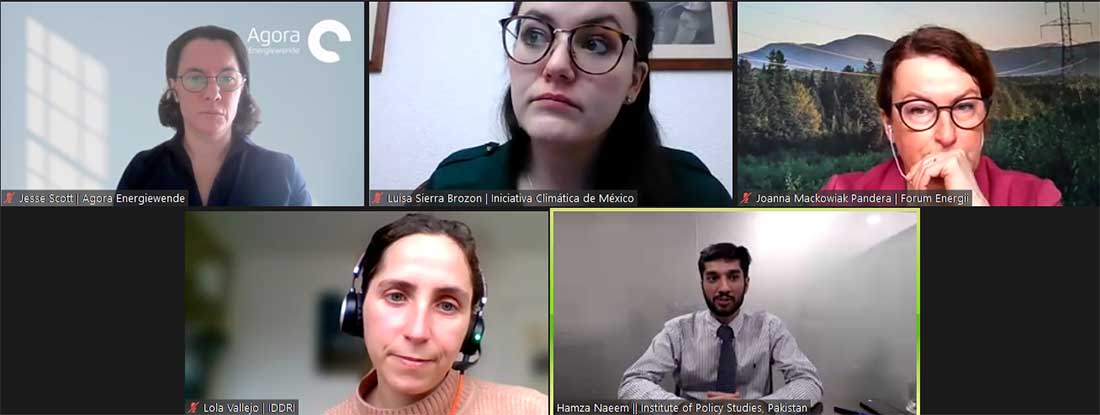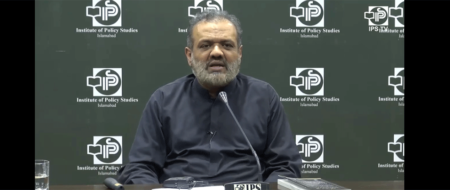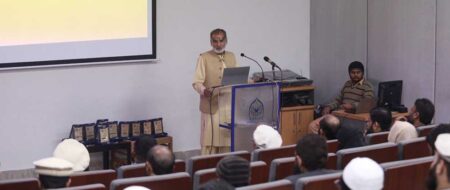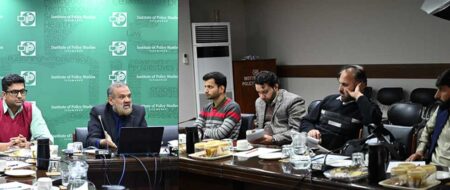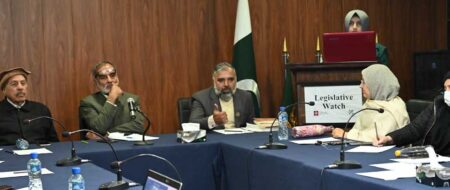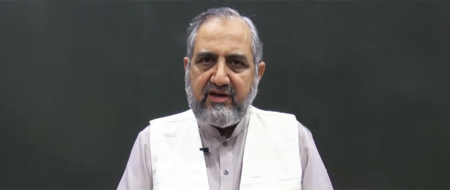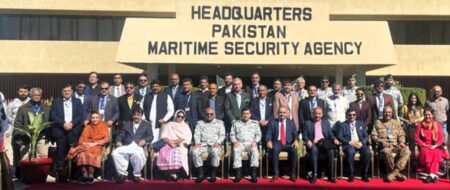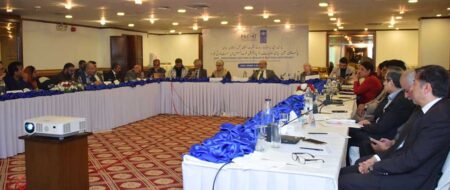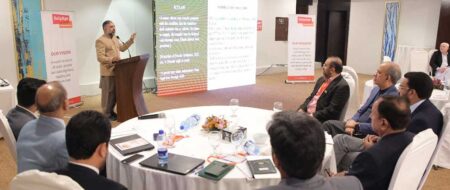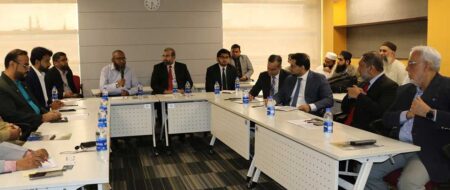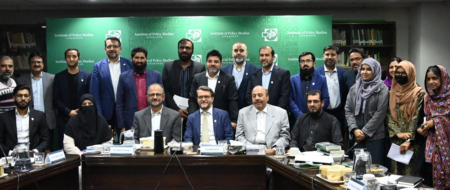The case of Pakistan’s power sector presented at Berlin Energy Transition Dialogue, 2022
IPS presented the case of Pakistan’s power sector at Berlin Energy Transition Dialogue, 2022 – an international platform hosted by the Federal Ministry of Foreign Affairs, Germany – on April 1, 2022.
The platform invites leaders and prominent figures of the world community to discuss and share their insights on energy transition and carbon neutrality for making a general consent on fighting the climate change impact. The Berlin Energy Transition Dialogue, 2022 was especially significant in this regard as it was meant to discuss, assess and drive global attention towards the realization of the mutually agreed goals of greener and cleaner co-existence.
IPS on the occasion was represented by Hamza Naeem, a researcher from the Institute’s Energy, Water and Climate Change desk, who presented the case of Pakistan on integration and planning for implementing the global 2030 ambitions.
Naeem mentioned in his talk that in spite of some of the challenges that the power sector of the country was surrounded with, there was an ambitious persuasion for renewable energy transition in the country. Ranked as the fifth most vulnerable country affected by climate change despite having less than a mere 1% of the total carbon emissions, Pakistan has developed a concrete ‘Alternative and Renewable Energy Policy’ which defines the target for the coming decade, he informed. Moreover, with the challenges of inefficiencies in the grid infrastructure and circular debt, the project development based on renewable energy has been committed whereas roof-top solar technology is already witnessing a high adoption rate. The renewable energy sources based electrification of off-grid areas through micro-grids and mini-grids shall also be a reality in the near future. All these transformational changes and reformations are leading towards the openness of the sector to drive towards renewable transition.
The speaker also highlighted the role of IPS in supporting the policy circles and authorities for the development of conducive synergies towards mutually determined goals. Competitive markets structure, modernization of grids, off-grid electrification strategy, liberalization of renewable based power generation, and monitoring of international compliances are some of the salient areas where IPS is working together with different stakeholders such as the political leadership, facilitating and regulatory bodies, academic institutions, international organizations, business entities, etc., he apprised. Some of the tools that the Institute was utilizing to achieve the ambitious target of sustainable transition on the other hand included research work, development and demonstration, bridging industry-academia-market gap, policy advocacy, publishing and airing through print and electronic media, and most importantly, holding of dialogues, discussion and seminars on relevant topics, he added.
The participants in response acknowledged the efforts being made by Pakistan as well as the role of IPS towards advocating and supporting the renewable energy uptake in the country.


